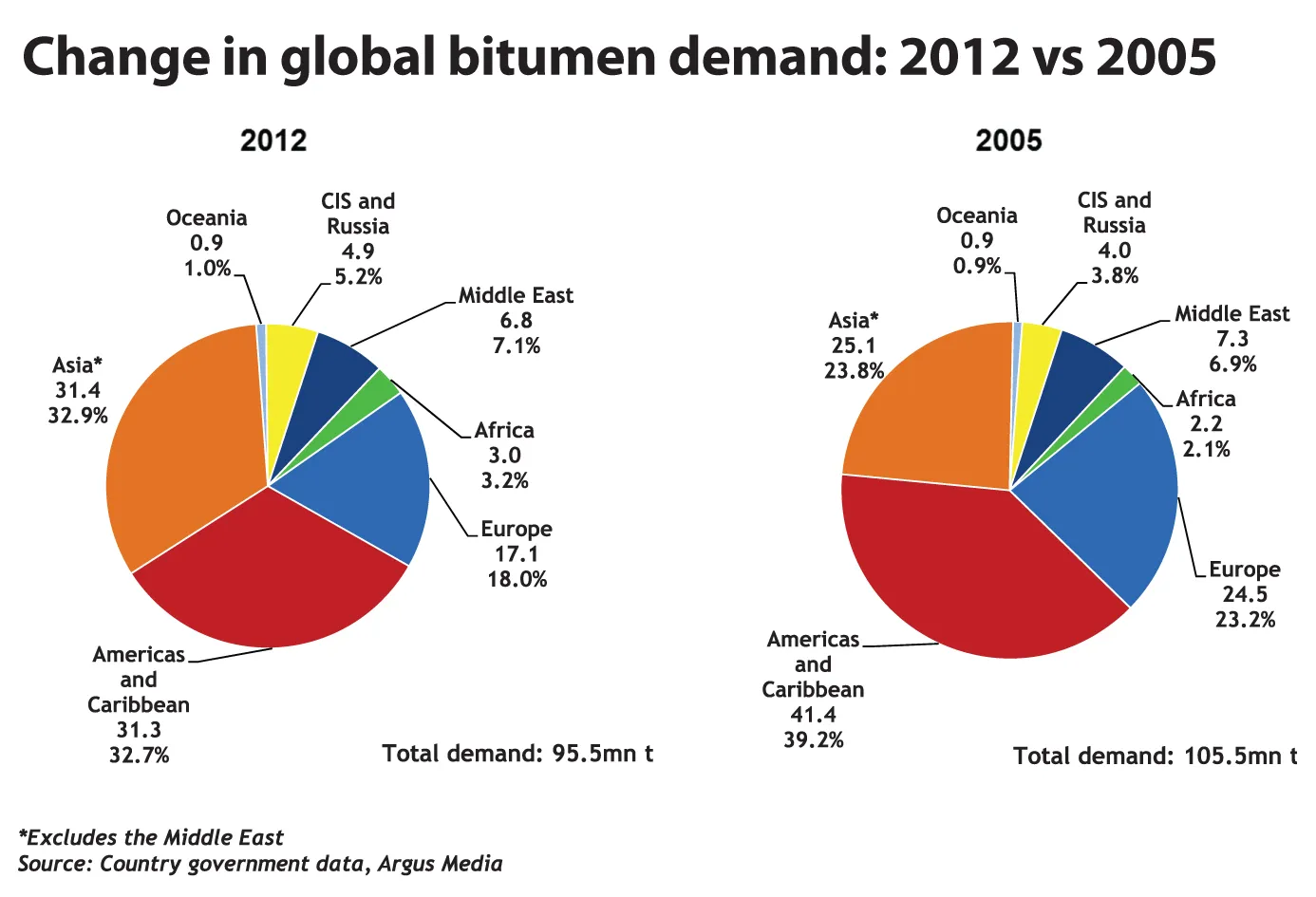The new hydrogen plant of speciality oil company Nynas has been inaugurated in Nynäshamn, Sweden, by County Governor Per Unckel. The SEK 800 million (E85.4 million) investment safeguards the refinery's supply of hydrogen and lays the foundations for future expansion.
Next year Nynas will be switching its raw material for the production of hydrogen to natural gas, reducing the company's carbon dioxide emissions by 20,000tonnes/year.
May 10, 2012
Read time: 2 mins
The new hydrogen plant of speciality oil company 294 Nynas has been inaugurated in Nynäshamn, Sweden, by County Governor Per Unckel. The SEK 800 million (€85.4 million) investment safeguards the refinery's supply of hydrogen and lays the foundations for future expansion.
Next year Nynas will be switching its raw material for the production of hydrogen to natural gas, reducing the company's carbon dioxide emissions by 20,000tonnes/year.
The supply of hydrogen is key to the Nynas specialised manufacturing process and it is used to improve the chemical composition of the oils and to remove impurities.
The demand for oil tailored to suit increasingly stringent health and environmental requirements is growing across the world, and by way of an example the Nynäshamn refinery exports the new environmentally sound tyre oil to tyre manufacturers all over the world. It has also developed a particularly strong binding agent for silent asphalt, which is increasingly being used to reduce noise for people living close to major roads.
Next year Nynas will be switching its raw material for the production of hydrogen to natural gas, reducing the company's carbon dioxide emissions by 20,000tonnes/year.
The supply of hydrogen is key to the Nynas specialised manufacturing process and it is used to improve the chemical composition of the oils and to remove impurities.
The demand for oil tailored to suit increasingly stringent health and environmental requirements is growing across the world, and by way of an example the Nynäshamn refinery exports the new environmentally sound tyre oil to tyre manufacturers all over the world. It has also developed a particularly strong binding agent for silent asphalt, which is increasingly being used to reduce noise for people living close to major roads.









